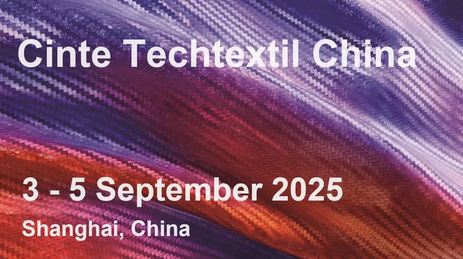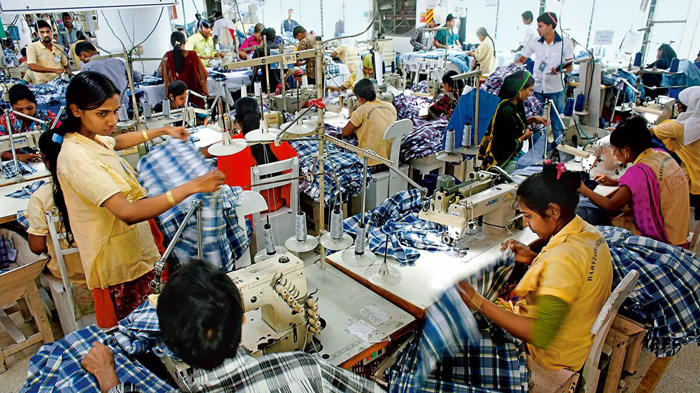The Secondary Materials and Recycled Textiles Association (SMART) at Batlimore, USA, alongside 130 other entities from the fashion and recycling domains, is an urging legislative body to modernize textile labelling regulations.
The current norms are outdated, inconsistent, and hinder the advancement of traceable materials and a circular economy. SMART and its partners advocate adopting digital solutions like QR code labels to replace traditional paper tags. This shift would not only reduce labeling waste but also cut down at least 343,000 metric tons of emissions from industry supply chains.
Additionally, digital labels would provide consumers with more comprehensive and accurate information about products, including material composition, origin, and care instructions. Moreover, digital labelling would facilitate consumers in reselling, repairing, renting, upcycling, and recycling garments, extending their lifespan and mitigating textile waste.
SMART and its collaborators urgently call upon legislative bodies to swiftly update textile labeling prerequisites. They firmly hold that digital labeling is the most effective approach to fostering a more sustainable and circular fashion industry.
Further key points include:
The existing labeling standards were established in the 1960s and have seen no revision since. Inconsistent outdated rules across nations pose compliance challenges for businesses. Current labeling norms inadequately educate consumers about product specifics like materials and origin.
Digital labeling would empower consumers to make informed purchasing decisions by offering detailed product insights.












